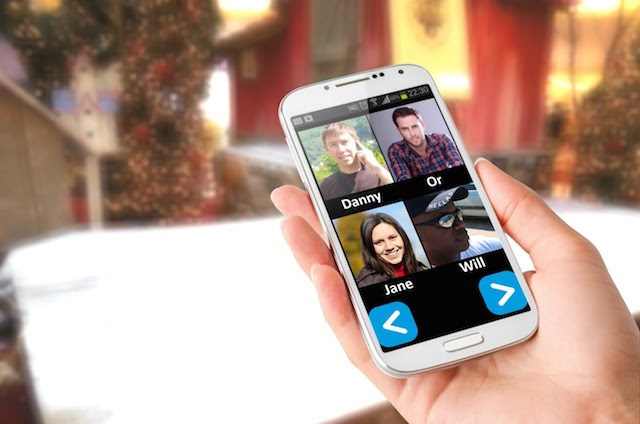Older mobile phone users don’t embrace new technologies like the rest of the population because they’re skeptical, indifferent, harbor a perceived lack of usefulness, and worry about the costs, according to a new Ben-Gurion University of the Negev (BGU) study.
The study shows that while close to 99 percent of seniors aged 65 and older in the United States and Europe use mobile phones, there appears to be a “gray divide” in how seniors use information and communication technology.
In “The Hierarchy of Mobile Phone Incorporation Among Older Users” — published in Mobile Media & Communication — BGU Prof. Galit Nimrod says that the majority of older mobile phone users “stagnate in a phase of limited use. Only a minority–typically younger, higher income and more educated seniors–access a broader range of functions. Seniors who still work to some extent also seem to make greater use of mobile phone functions.”
The study is based on a survey of 1,039 internet users over 60 years of age. It shows they used between one and 19 functions of their mobile phones.
“Acquiring mobile literacy is typically a gradual process that starts with simple usages and continues with more complex ones,” says Nimrod, of BGU’s Department of Communication Studies and the Center for Multidisciplinary Research in Aging.
Several obstacles prevent seniors from reaping the full rewards of mobile phone technology.
“Most seniors need help with their new digital devices, and are fearful and anxious when they try to figure them out themselves,” says Nimrod. “They generally have problems with displays, menus and operating functions that don’t consider their special needs.”
Yet research suggests mobile phones offer seniors extensive psychological, physical and practical benefits. “They help older users stay connected with children, grandchildren and friends, and provide new forms of leisure, entertainment and mental exercise that may improve emotional and cognitive well-being,” says Nimrod.
As such, the study’s author suggests paying greater attention to enhancing seniors’ mobile literacy and narrowing the age divide so that older individuals can take advantage of applications that can contribute to successful aging and overall well-being.
The study was based on a major cross-European audience research project conducted in the context of EU COST Action IS0906. Data was collected online in early 2013 in Belgium, Croatia, Denmark, Germany, Hungary, Israel, Italy, Poland, and Portugal.













